Late check-out hotel strategies are based on allowing guests to extend their stay beyond the standard check-out time. Hotels will often charge guests extra for the option of checking out late.
These strategies are important for the guest experience because they add an extra level of convenience. In addition, late check-out can be important for hotels because it provides an extra revenue stream and can boost positive feedback.
In this article, you can read all about late check-out in a hotel, learn some valuable strategies that can help with implementation, and gain a greater appreciation for why late check-outs are so popular with guests.
Table of Contents:
- What is Late Check-Out in a Hotel?
- Implementing a Late Check-Out Hotel Policy
- How to Calculate Late Check-Out Hotel Fees
- Late Check-Out Hotel Strategies
- Provide Multiple Reminders of Check-Out Times
- Send Important Check-Out Information in Advance
- Offer to Store Baggage When Late Check-Out is Not Available
- Provide Support For Multiple Payment Methods
- Send Automated, Digital Bills to Guests
- Explore Alternatives to In-Person Check-Outs
- Requesting Reviews and Customer Feedback
- How to Optimize the Hotel Check-Out Experience
- The Benefits of Late Check-Out Hotel Strategies
What is Late Check-Out in a Hotel?
Late check-out in a hotel is a service that enables guests to stay at the hotel beyond the usual check-out time. Most hotels will charge for this service, meaning the guest pays extra for late check-out privileges.
For guests, late check-out hotel services can offer great convenience and allow them to depart from the hotel at a time that suits their travel needs. For a hotel business, charging for late check-outs increases revenue. It is a useful way of maximizing the amount of revenue generated from a guest and is especially valuable during low-demand periods.
Guests may be able to make a request for a late check-out during the reservation process or even during their stay. The availability of late check-outs may depend on how busy the hotel is, however.
Implementing a Late Check-Out Hotel Policy
If you decide to implement a late check-out hotel strategy, there are a number of things you will need to consider. These include the availability of housekeeping staff and the level of demand for rooms in your hotel.
The conventional check-out time for most hotels is around 11am. However, if you implement a late check-out hotel strategy, you could allow guests to push this check-out time back by several hours.
Generally, those in hotel management positions will calculate the charge for a late check-out in a hotel as a percentage of the standard room rate. This additional charge could reach as high as 50% of a standard night in the hotel. If there is a requirement for a very late check-out, it may be best instead to encourage guests to book an extra night.
Tutorial: How to handle a hotel Late Check Out Request?
How to Calculate Late Check-Out Hotel Fees
Calculating late check-out hotel fees usually involves charging different amounts based on the extent of the overstay. For instance, the fee for a one-hour late check-out will be lower than for a six-hour late check-out.
It is common for a business in the hotel industry to charge in the region of 10% to 15% of a standard overnight stay for a check-out within an hour or two of the usual check-out time. This percentage will increase the longer the guest needs to stay. As an example, if a guest stays an extra six hours, you might charge up to 50% of a standard stay.
For check-outs later than six hours after the standard check-out time, some hotels will simply charge for an extra night.
7 Late Check-Out Hotel Strategies
There are a number of late check-out hotel strategies that can make this service more viable and more profitable.
1. Provide Multiple Reminders of Check-Out Times
Reminding guests about your standard check-out time can help to provide clarity. Ideally, you should send reminders after they make a booking, before their arrival and during their stay.
Intelligent use of reminders is one of the most important late check-out hotel strategies because it puts your check-out times firmly in guests’ minds. This may then encourage them to request a late check-out in advance.
Consider different methods for sending these reminders as part of your hotel marketing strategy, including email and SMS. You want guests who need a late check-out to make the request as early as possible, so you can plan for it.
2. Send Important Check-Out Information in Advance
Sending check-out information in advance can help guests to make timely decisions. Information you can send includes the outstanding balance, the standard check-out time, and instructions for requesting a late check-out.
Providing this information helps guests to make firm plans. You may even be able to strategically target guests during times of low demand, in order to generate additional income for your hotel.
Mobile bookings are one of the biggest hotel trends, so sending this information via your mobile app or SMS can help to maximize late check-out hotel bookings. Try to make the process for requesting a late check-out as simple as possible.
3. Offer to Store Baggage When Late Check-Out is Not Available
One way to maintain guest satisfaction when a late check-out hotel offering is not available is by offering to store luggage. This can free them up to enjoy their day and return later for their bags.
This kind of service is ideal for a situation where a guest may have many hours before their flight. You can keep their bags and suitcases and allow them to kill time in the local area, even if you do not have room availability.
Providing a service of this kind during the busiest periods can ensure your guest turnover remains healthy and your housekeeping team and other hotel departments are not overworked. For guests, it may not be as convenient as a late check-out in a hotel, but it can serve a similar function and make their journey home less stressful.
4. Provide Support For Multiple Payment Methods
A hotel with late check-out options should support multiple payment methods. Examples include cash, credit cards, debit cards, PayPal, Apple Pay, and Google Pay, while some hotels also accept cryptocurrency.
Accepting multiple payment methods is important because a late check-out hotel service needs to be convenient. Guests make spontaneous decisions and may not want to pay using the same method they are using for the rest of their stay.
You can also support multiple methods for arranging a late check-out, like in-person at the reception, or via your app.
5. Send Automated, Digital Bills to Guests
In addition to offering a late check-out hotel service, you want to make the entire check-out process as pleasant as possible. Sending automated, digital bills is a great way to do this.
Automation can boost the efficiency of hotel operations and reduce stress for the front office. Digital bills are easy for guests to understand and can provide a direct link to a payment system and booking engine.
This delivery method also makes it easier to update a bill if a guest requests a late check-out.
Guest self Check-out with HotelFriend Mobile Concierge App
6. Explore Alternatives to In-Person Check-Outs
One of the most valuable late check-out hotel strategies involves using alternatives to in-person check-outs. Hotel technology that could be valuable here includes self-service kiosks and keyless access.
This is valuable because late check-outs can lead to a situation where the front desk is busy at unusual times. By introducing contactless methods, the demands on staff can be reduced, potentially saving your hotel money too.
You will still need someone available to help if guests run into issues, but pressure on employees can be greatly reduced.
7. Requesting Reviews and Customer Feedback
When any late check-out hotel guests leave the hotel, it is important to ask them for feedback. This includes not only reviews on popular review platforms, but also more private feedback that you can use to improve performance.
Requesting customer feedback is often part of the conventional check-out experience, but it is easy to neglect this when dealing with late check-outs. Ensure you are still asking guests who depart later to review your hotel.
As an added bonus, hotels with late check-outs often leave guests with a positive final impression.
How to Optimize the Hotel Check-Out Experience
Regardless of whether you are running a hotel with late check-out options or not, the check-out experience needs to be optimized. This includes making sure you have a robust and efficient billing process, providing guests with a degree of flexibility and ensuring your staff know how to deal with problems.
In the “Check Out Hotel Processes: Tips to Optimize Guest Check Outs” article, you can learn about the best ways to improve both conventional and late check-out hotel services, so customers leave your hotel with a smile on their face.
The Benefits of Late Check-Out Hotel Strategies
Offering late check-outs can improve guest satisfaction levels and this is beneficial for many reasons. For example, a hotel with late check-out services can make a lasting positive impression on guests, attracting positive reviews. Providing late check-outs can also differentiate your hotel from rival businesses.
In the “Hotels with Late Check-Out: Why Improve Guest Satisfaction?” article, you can dive deeper into the topic of late check-out hotel strategies, with a stronger focus on the guest experience.
Late check-out hotel strategies need to provide guests with flexibility, while also balancing this with the needs of hotel staff. By following the tips provided, you can benefit from the improved guest satisfaction late check-outs can offer and do so in a way that respects your workforce.
More Tips to Grow Your Business
Revfine.com is the leading knowledge platform for the hospitality and travel industry. Professionals use our insights, strategies, and actionable tips to get inspired, optimize revenue, innovate processes, and improve customer experience.Explore expert advice on management, marketing, revenue management, operations, software, and technology in our dedicated Hotel, Hospitality, and Travel & Tourism categories.

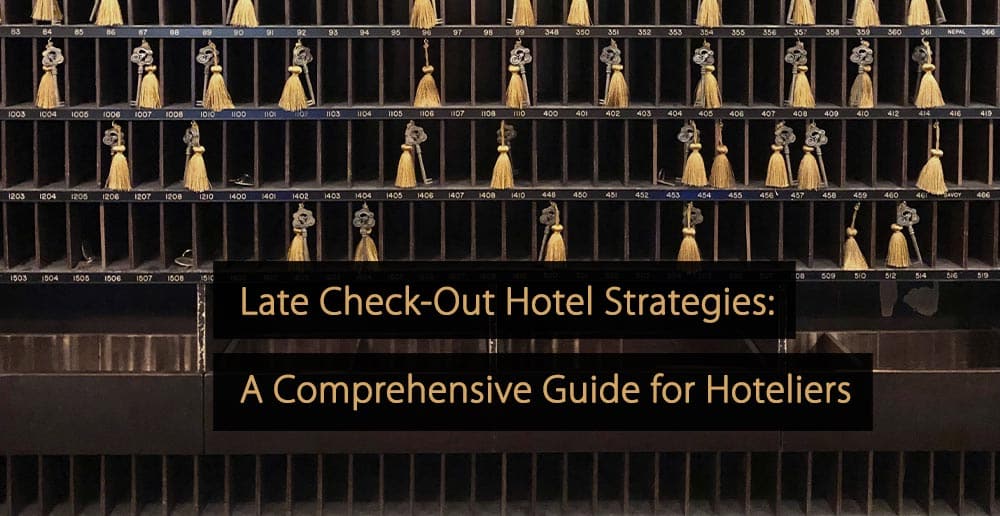
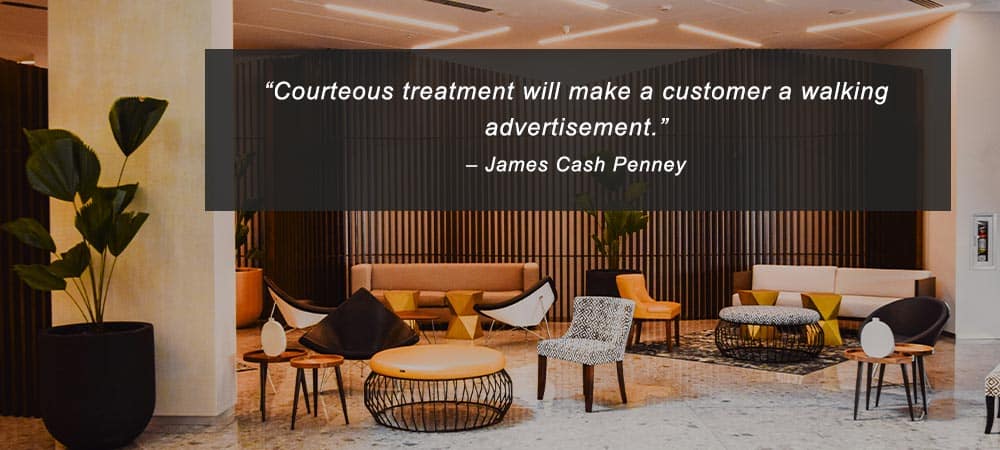
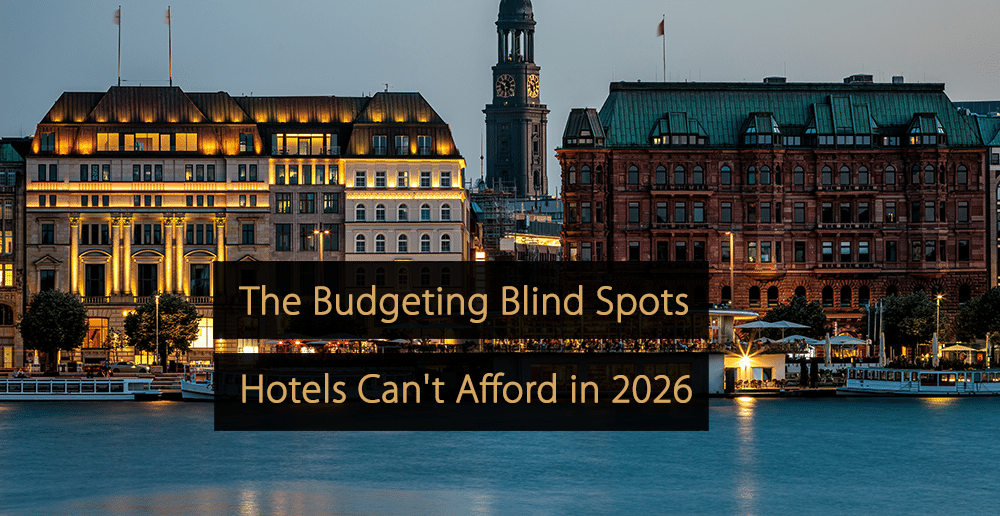
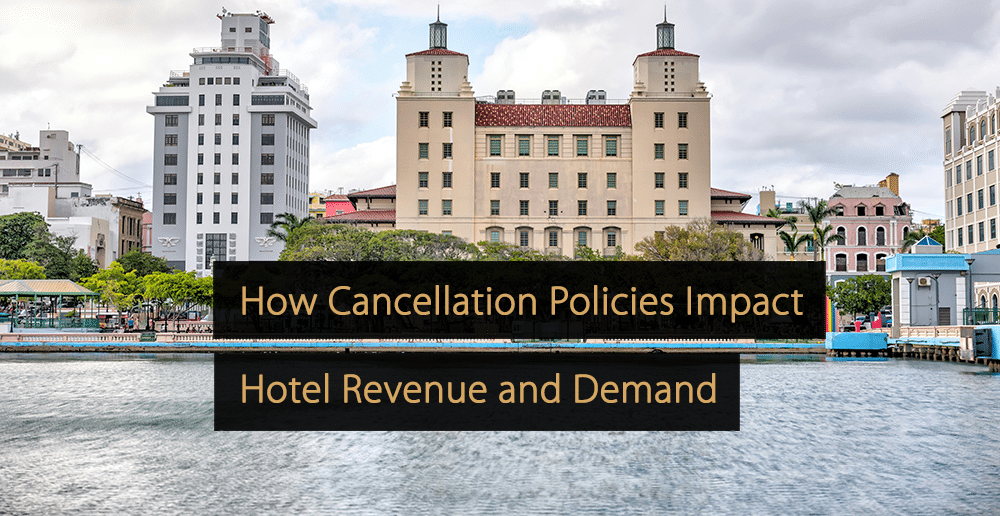

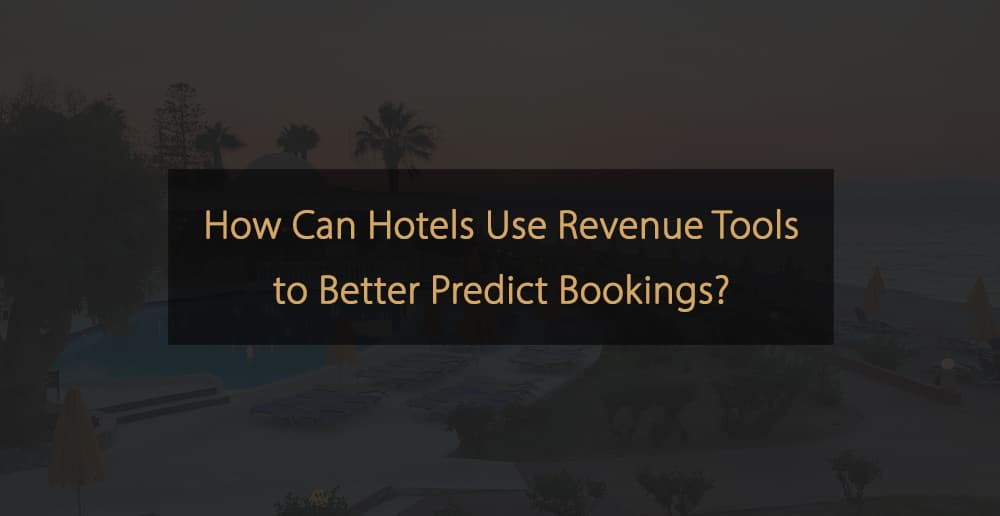

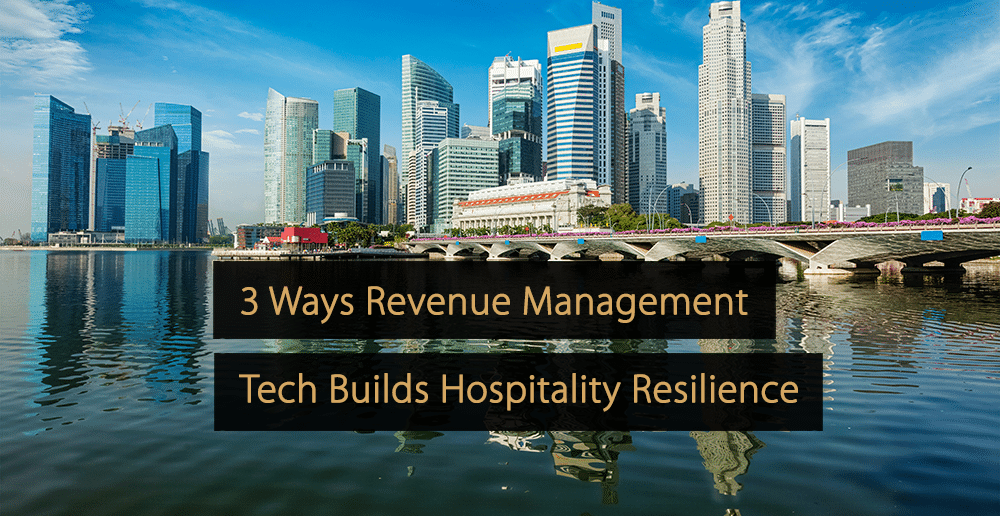
Leave A Comment